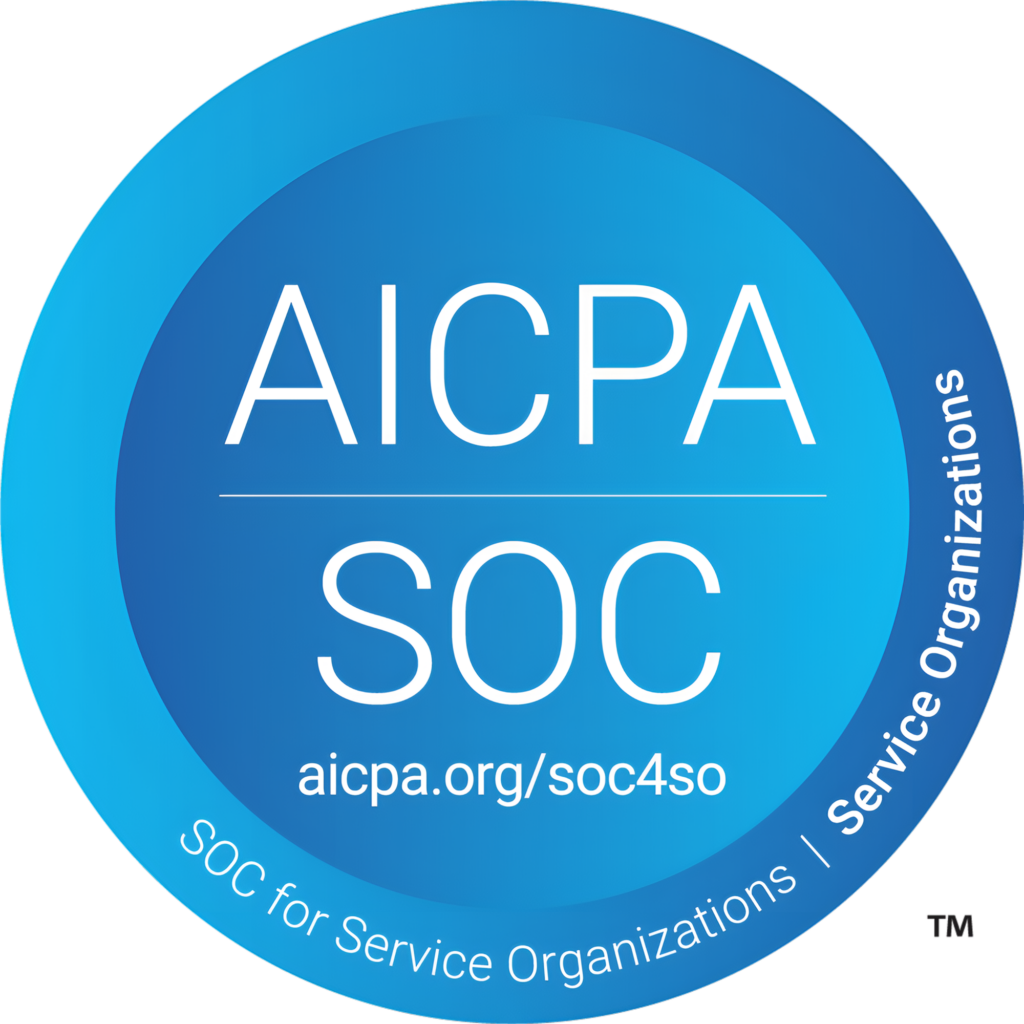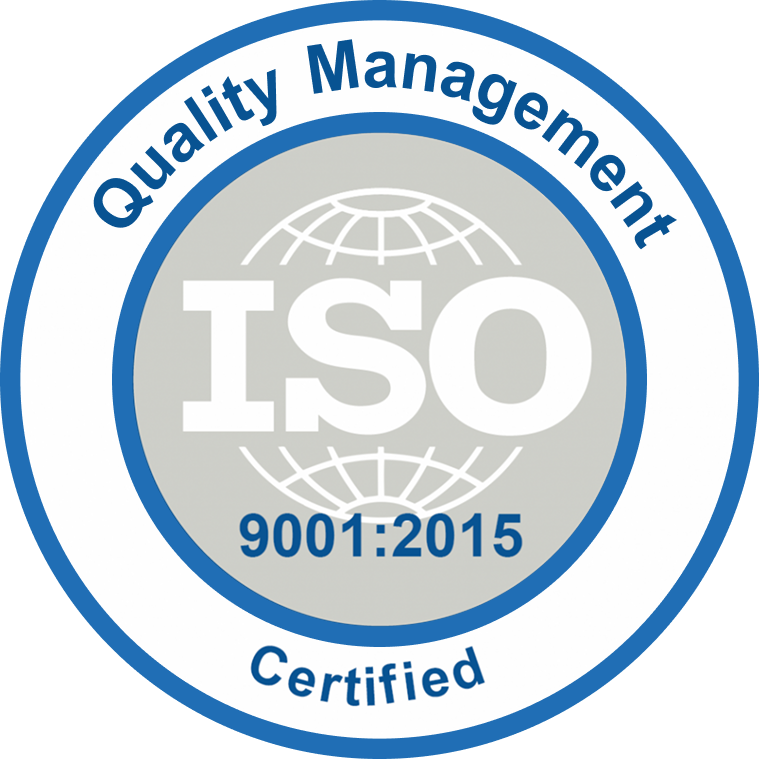While attracting and winning more customers is important, it is also essential to have suitable workflows for your sales team. Unlike the conventional UI that Salesforce Classic provides, Salesforce Lightning has a very interesting and more engaging UI with additional features making it easy for the users.
If you are already a Salesforce Classic user, this article will help you get more insights about why you should migrate to Salesforce Lightning today. And if you aren’t using one, get ready to know more about why you should start using Salesforce for your organization!
What is Salesforce and what it is used for?
Salesforce is a SaaS company specializing in Customer Relationship Management (CRM). They help businesses to enhance their connections with their potential customers and partners. Salesforce is used for the following.
- Streamlining the business processes
- Personalize the marketing strategies and attract more buyers
- Enhance sales by understanding the customer needs
- Create apps by automating time-consuming tasks using low-code components.
Continue Reading
What is Salesforce Classic?
Salesforce classic was the interface used for the CRM platform until the latest version Salesforce Lightning was introduced. However, you can easily make out that the UI used is not the modern web UI in classic. The graphics and icons aren’t up to the mark with poor resolution. The navigation at times becomes clumsy and the texts on the page seem redundant, either too spread out or very confined.
If you are already a Salesforce user, and if it’s convenient and favorable for your company’s needs, then you can continue with it. If you are a new user, you’ll get Salesforce Lightning by default. But you got to be sure that classic won’t last longer. As a matter of fact, you should either upgrade to lightning or have both but having only classic would be risky.
What is Salesforce Lightning?
For all that was discussed in Classic was about the UI, there’s a lot more that the lightning offers. Salesforce Lightning is the updated version that provides an entire framework to create modern Salesforce apps, build custom components for the CRM platform, and also makes third-party service integrations way easier.
The charts and lists enable you to view your business at a glance, and the icons and texts have a modern web UI making it easy to read. This helps your sales reps sell faster and work more productively. Though not all features are supported in Lightning, pages are redesigned with many new features.
To make it clearer, here’s what you get in Salesforce Classic and Salesforce Lightning
| Features | Classic | Lightning |
|---|---|---|
| Modern Interface | No | Yes |
| Comprehensive Sales Table | Yes | Yes |
| Email Templates | Yes | Yes |
| Integrated Emails | Yes | Yes |
| Activity Timeline | No | Yes |
| Duplicate Account, Contacts & Leads | Yes | Yes |
| Workplace Page Layout | Yes | Yes |
| Einstein Forecasting | Yes | Yes |
| Einstein Opportunity Insights | No | Yes |
| Einstein Automated Contacts | Yes | Yes |
| Einstein Bot builder | No | Yes |
| Granular Forecasting | No | Yes |
| Frequent Updates | No | Yes |
It is quite evident now why a majority of the users go for Salesforce Lightning due to its added features. It is fast, easy, and effective. If you are a team who cannot move to Lightning for some features available only in Classic, only then things might work. Else, it is crucial for you to migrate and move to Lightning as early as possible. We do not know when Classic would stop working, but yes, be prepared for anything that comes in before it’s too late.
To find out whether your organization is ready for migration or know what’d be suitable for your company, you should run a Lightning Experience Readiness Report. You can get the report in just a few minutes and you can take further steps based on that.
Stuck with something in Salesforce? We have a team of Salesforce experts and can make your transition from Classic to Lightning an uninterrupted one.

